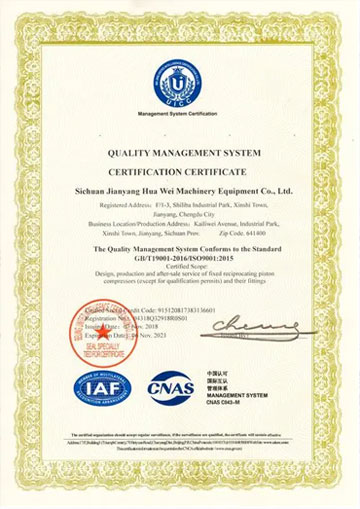

wide flat washer
Nov . 19, 2024 11:05 Back to list
wide flat washer
Understanding Wide Flat Washers A Comprehensive Overview
When it comes to construction and engineering, the significance of small components cannot be overstated. Among these components, wide flat washers play a crucial role in enhancing the performance and longevity of various applications. A wide flat washer is a disk-shaped fastener designed to distribute the load of a threaded fastener, such as a bolt or a screw. This article delves into the various aspects of wide flat washers, including their types, applications, materials, and benefits.
What is a Wide Flat Washer?
A wide flat washer is typically larger in diameter than standard flat washers, providing an expanded surface area for load distribution. This characteristic is especially important in applications where the fastening component needs to be anchored securely to a surface, minimizing the risk of damage or deformation. The increased surface area helps to reduce the risk of shearing and can prevent pull-through in softer materials.
Types of Washers
Wide flat washers come in various types, each tailored for specific applications. Some of the common types include
1. Standard Flat Washers These are the most common type, used primarily for load distribution.
2. Fender Washers These are wide flat washers with a larger outer diameter than standard washers, designed to attach fenders or thin materials without pulling through.
3. Lock Washers Although not flat in shape, these serve to prevent loosening of fasteners due to vibration.
4. Belleville Washers These are conical-shaped and provide a spring-like action, which can be beneficial in dynamic applications.
Applications of Wide Flat Washers
Wide flat washers are versatile and are utilized across various industries. Some common applications include
- Construction They are widely used in structural applications to align and distribute the load of bolts and screws used in beams, columns, and other structural members
.- Automotive In the automotive industry, wide flat washers are used to secure various components, ensuring even load distribution, which is crucial for durability and performance.
- Manufacturing Many manufacturing processes require reliable fastening solutions, where wide flat washers help in securing components in assemblies.
wide flat washer

- Home Improvement From DIY projects to professional renovations, wide flat washers are frequently used to ensure that fixtures and fittings are securely fastened.
Materials Used for Wide Flat Washers
Wide flat washers can be made from various materials, each selected based on the intended application and environmental conditions
1. Steel Commonly used for its strength and durability, steel washers may be galvanized or coated to improve rust resistance.
2. Stainless Steel Recommended for corrosive environments, stainless steel wide flat washers offer excellent resistance to rust and oxidation.
3. Plastic Often used in electronic applications, plastic washers are non-conductive and can be used where metal would be unsuitable.
4. Rubber In applications where vibration dampening is required, rubber washers can be employed to absorb shock and noise.
Benefits of Using Wide Flat Washers
1. Load Distribution The primary function of wide flat washers is to distribute the load more evenly, which helps prevent damage to the surface of the material.
2. Prevention of Damage By increasing the surface contact, wide flat washers reduce the risk of damaging softer materials, which can deform or crack under pressure.
3. Enhanced Stability They provide additional stability to fastened connections, reducing the likelihood of loosening due to vibration or movement.
4. Corrosion Resistance With the availability of materials like stainless steel and coated options, washers can protect against corrosion, thus enhancing the service life of the assembly.
Conclusion
Wide flat washers may be small in size, but their impact on the integrity and performance of fastened connections is considerable. Understanding their types, applications, materials, and benefits is essential for anyone involved in construction, manufacturing, or DIY projects. By selecting the appropriate washer for a specific application, one can ensure structural stability and enhance the longevity of the assembly, thus making wide flat washers an indispensable component in many fields.
Latest news
-
High-Strength Hot-Dip Galvanized Bolts-Hebei Longze|Corrosion Resistance&High Strength
NewsJul.30,2025
-
Hot Dip Galvanized Bolts-Hebei Longze|Corrosion Resistance&High Strength
NewsJul.30,2025
-
Hot Dip Galvanized Bolts - Hebei Longze | Corrosion Resistance, High Strength
NewsJul.30,2025
-
High-Strength Hot Dip Galvanized Bolts-Hebei Longze|Corrosion Resistance, Grade 8.8
NewsJul.30,2025
-
Hot Dip Galvanized Bolts-Hebei Longze|Corrosion Resistance,High Strength
NewsJul.29,2025
-
High-Strength Hot Dip Galvanized Bolts - Hebei Longze Metal Products Manufacturing Co., Ltd.|corrosion resistance&high strength
NewsJul.29,2025

